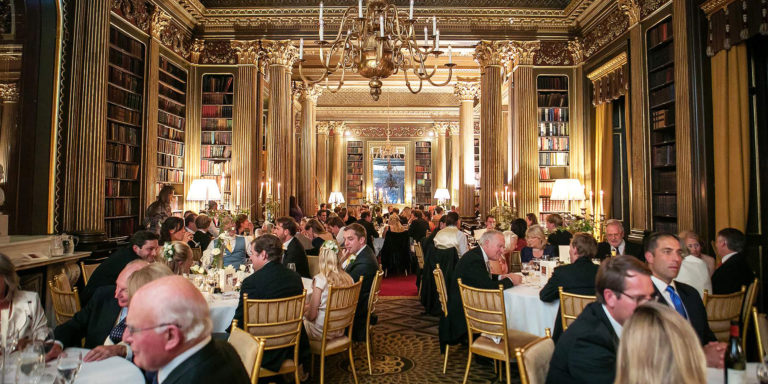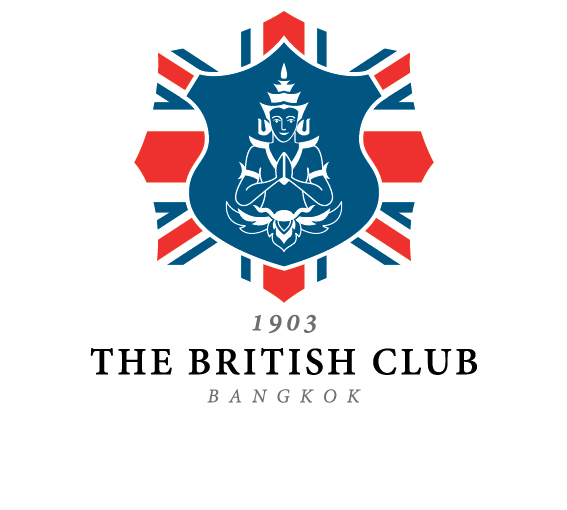Visited in Spring 2019 and Autumn 2021.
Paul Doust and Prasit Jangkamol
The Reform Club, founded in 1836, is a beautiful private member’s club
in central London. Originally it was men only, but in line with it’s liber- al-minded character, in 1981 it was the first traditional gentleman’s club in London to allow women to be- come members on equal terms. The club is famous in literature for being the place where Phileas Fogg started and ended his journey around the world in 80 days. The club’s main rooms are arranged around a grand internal courtyard, and on the ground floor include a bar and a restaurant. As is com- mon in London’s gentleman’s clubs, the restaurant is called the Coffee Room, but its wine list is much more extensive and better value that the wine lists in some of the other clubs that I’ve visited. A curi- ous feature of the restaurant is that when the menus arrive, the guest’s menus don’t show the prices and the club member is given a pad to take the order of his or her guests. The large leafy garden outside the restaurant is owned by the Crown Estate, but recently the club was given permission to use it so that in good weather members can sit and eat outside, hence reducing the risk of catching Covid from each
other. Apart from a billiards room the club has no sports facilities, but accommodation is available, and meeting rooms are available for hire in the basement too. The dress code is ‘smart’ which means that men must wear jackets with collared shirts, but these days ties are encouraged but not required.
On the upper floor above the court- yard there’s a large library which is often used as a venue for club events. I went to an event there last October, which was a fascinating talk titled “Baghdad 2003 – Snatch- ing Defeat from the Jaws of Victo- ry”. The event was well attended, and before the talk I got chatting to a club member who had visited the British Club Bangkok. At the din- ner after the talk I got chatting to other club members too. Everyone made me feel welcome. The club member who had been to the Brit- ish Club knew that we have a lot of reciprocal clubs in London and suggested that the Reform Club is the only club that we really need. If we were only allowed one recip- rocal club in London, and if sports facilities were not required, then the Reform Club would be a very good choice.



